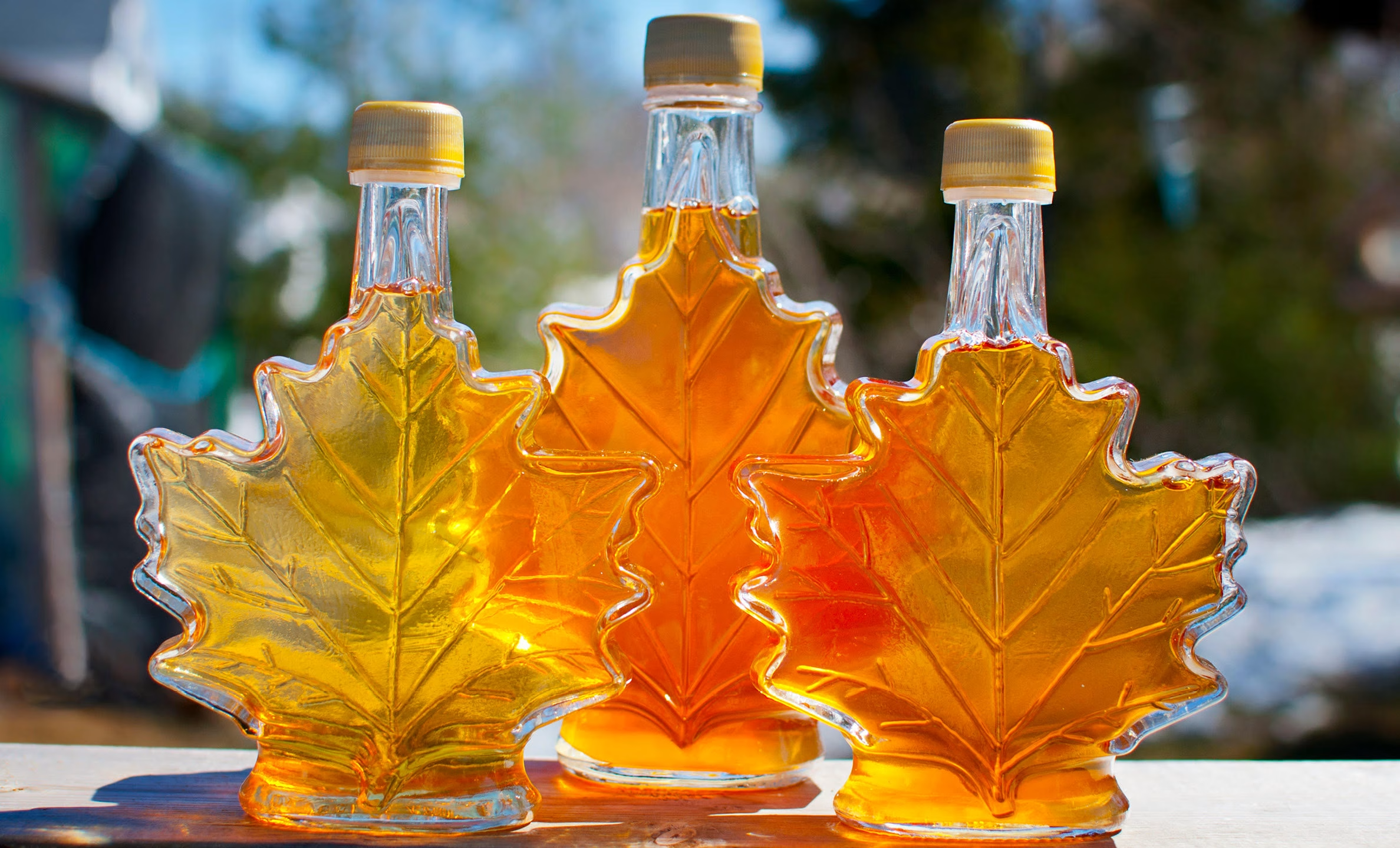INSTITUTE, W.Va. – The West Virginia State University Agricultural and Environmental Research Station (WVSU AERS) is partnering with West Virginia University and Future Generations University to implement a comprehensive research, education and extension program benefiting maple producers and landowners throughout West Virginia and all regions where maple syrup is being produced using natural vacuum.
Supported by a 2022 award from the USDA’s Agricultural Marketing Service’s ACER Access Program, WVSU AERS will be working with research and field teams from both partnering institutions to build upon foundational knowledge and work of Cornell University’s “New York State Tubing Notebook.”
“This award presents an opportunity to formalize a relationship between three institutions of higher learning in West Virginia in an effort to grow an emerging niche industry for the Appalachian region. West Virginia State University is excited to partner and provides expertise related to increasing sap yield with effective tubing sanitation and ensuring that the maple collection process is as safe as possible for consumers,” said Dr. Yangin Jung, the WVSU team lead.
Jung is an assistant professor with WVSU AERS, with a focus on Food Science and Food Safety. Jung received her doctoral degree in Food Science from Rutgers University. Prior to coming to WVSU, Jung worked as a Research Food Technologist with the United States Department of Agriculture – Agricultural Research Service, where she investigated the level, prevalence, and characteristics of foodborne pathogens from various foods. She also performed microbial challenge/validation studies to improve food quality and ensure food safety. Jung is certified in Hazard Analysis Critical Control Point (HACCP) Plan Development for Food Processors, a certified preventive control qualified individual (PCQI) for human food, and a Produce Safety Alliance (PSA) trainer.
“Maple syrup makers in mountainous regions overwhelmingly use sap collection systems that generate ‘natural vacuum’ to increase sap production. This is a relatively new technology providing tremendous benefits to the maple industry in West Virginia. This ACER Access funded project will bring together researchers from three universities, Future Generations University, West Virginia University and West Virginia State University in partnership with West Virginia and Vermont maple producers to develop a ‘natural vacuum’ system design and operations manual to maximize sap production and syrup quality,” said Dr. Mike Rechlin, Lead Researcher, Appalachian Program, Future Generations University. “With benefits throughout the Appalachian region, this work will result in an expansion of the maple syrup industry in the region while minimizing environmental impact and mitigating the effects of climate change. The result: more and better locally produced Appalachian maple syrup.”
The benefits of this new partnership include: Follow on Facebook, Instagram , and Twitter .
The USDA’s ACER Access and Development Program falls under its Agricultural Marketing Division to support the efforts of states, tribal governments and research institutions to promote the domestic maple syrup industry. ACER supports Market Development and Promotion projects to improve consumer knowledge, awareness and understanding of the maple syrup industry and its products. ACER also supports the Producer and Landowner Education project to advance producer knowledge, awareness and understanding of research, educational resources, or natural resource sustainability practices affecting the maple syrup industry and its products.
